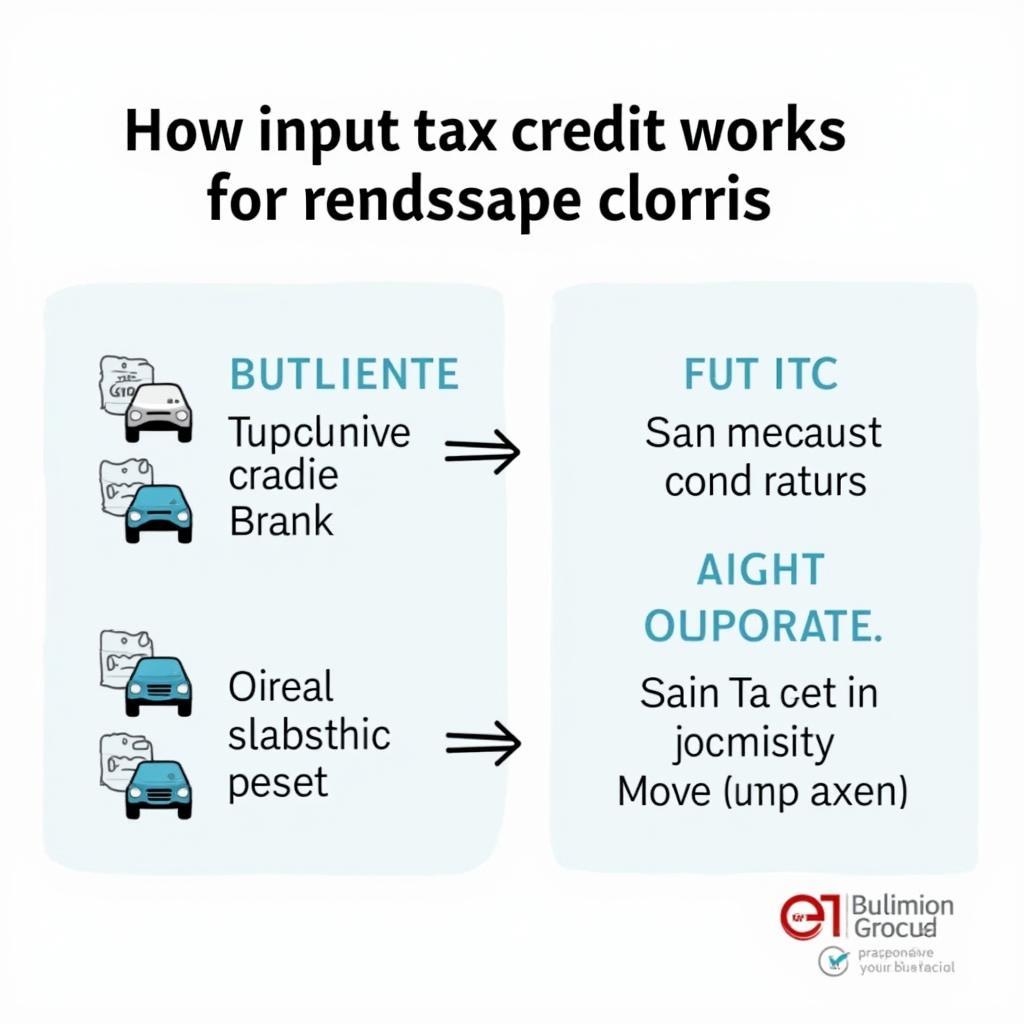Car rental service SAC code & tax are essential aspects of managing a business in the automotive industry. Whether you’re a seasoned car rental company or just starting out, understanding these codes and how they impact your tax liabilities is crucial for financial compliance and success. This guide provides a comprehensive overview of SAC codes, their relevance to car rental services, and the tax implications involved.
What is a SAC Code and How Does it Relate to Car Rental Services?
SAC, or Services Accounting Code, is a system used in India to classify various services for Goods and Services Tax (GST) purposes. Every service falls under a specific SAC code, which determines the applicable GST rate. For car rental services, understanding the correct SAC code is essential for accurate tax calculations and filing. The typical SAC code used for car rental services is 9966. This code encompasses renting of any motor vehicle designed to carry passengers, including cars, vans, and SUVs.
Deciphering Car Rental Service Tax Implications
Car rental services are subject to GST, which is a consumption-based tax levied on the supply of goods and services. The GST rate applicable to car rental services can vary depending on factors like the type of vehicle rented and the duration of the rental. Currently, the GST rate for car rentals is 18%. This means that when you rent a car, you will be charged an additional 18% of the rental cost as GST. It’s important for businesses to factor this into their pricing strategies and for customers to be aware of the total cost involved.
Input Tax Credit for Car Rental Businesses
One key aspect of GST is the Input Tax Credit (ITC). Businesses can claim ITC on the GST paid on inputs used in their operations, such as fuel, maintenance, and even the purchase of vehicles for their rental fleet. This helps reduce the overall tax burden and improves cash flow. Understanding how to effectively utilize ITC is crucial for car rental businesses to optimize their tax liabilities.
Navigating SAC Code and Tax for Different Car Rental Scenarios
Different car rental scenarios might have specific tax implications. For example, renting a car with a driver might fall under a different SAC code and attract a different GST rate than renting a car without a driver. Similarly, long-term leases might have different tax implications compared to short-term rentals. Businesses need to be aware of these nuances to ensure proper tax compliance. It’s recommended to consult with a tax professional to clarify the specific SAC code and tax implications for your particular car rental scenario.
Common Car Rental Tax FAQs
What are the GST implications for renting a luxury car? Luxury cars might attract a higher GST rate due to the higher value of the service. It’s crucial to check the applicable rate for the specific vehicle.
Are there any exemptions from GST for car rentals? Certain exemptions might apply, such as for rentals to government entities or for specific purposes. It’s essential to verify the eligibility criteria for any exemptions.
Conclusion
Understanding car rental service SAC code & tax is crucial for both businesses and consumers. Accurate application of SAC codes ensures correct GST calculation and filing, contributing to financial compliance and successful business operations. By staying informed about the applicable SAC codes, GST rates, and ITC provisions, car rental businesses can effectively manage their tax liabilities and optimize their financial performance. For consumers, understanding these concepts ensures transparency and helps them make informed decisions.
FAQ
- What is the standard SAC code for car rental services in India?
- How is the GST rate for car rentals determined?
- Can I claim ITC on the GST paid on car rental expenses?
- What are the tax implications for renting a car with a driver?
- Are there any special tax considerations for long-term car leases?
- Where can I find more information on SAC codes and GST rates?
- How can CarServiceRemote help me understand car rental taxes better?
Scenarios
Scenario 1: A business rents a car for a week for a business trip. What are the tax implications?
Scenario 2: An individual rents a car for a month for personal use. What are the tax implications?
Scenario 3: A car rental company purchases new vehicles for its fleet. How can they claim ITC?
Further Reading
- Understanding GST in the Automotive Industry
- Car Rental Business Best Practices
- Tax Optimization Strategies for Car Rental Companies
Need assistance? Contact us via WhatsApp: +1(641)206-8880, Email: [email protected]. We have a 24/7 customer support team.

